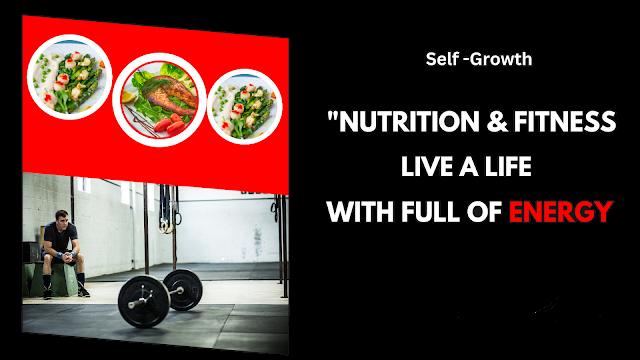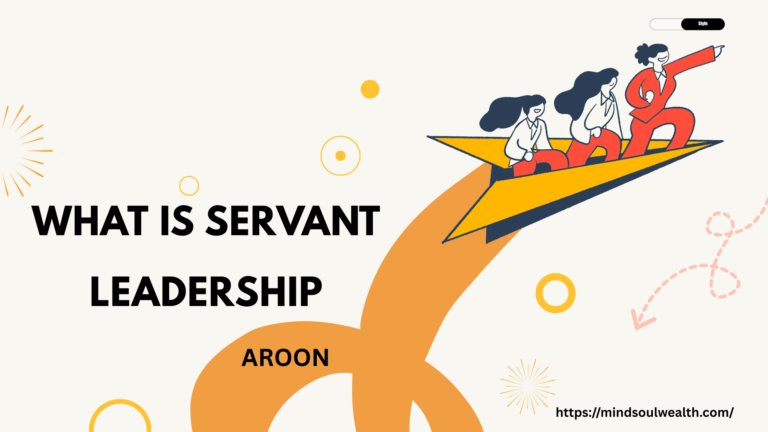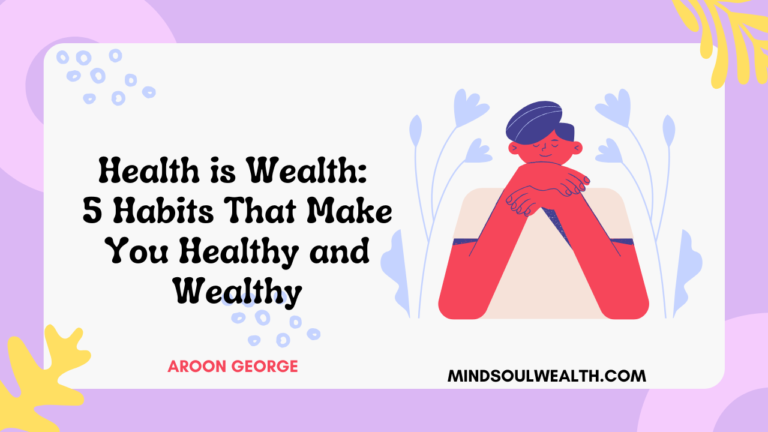We live in a world rich with information, and the internet is a powerful resource. With a quick search, you can explore countless blogs, books, articles, and videos on health and fitness. No need to search endlessly—read this blog and dive into other sources for deeper insights. My goal is to guide you toward a healthier, more disciplined life through better food and exercise choices.
Food’s Impact on Mood and Mind
Food powerfully shapes your mood and energy. Choosing fresh, homemade meals and eating at the right times fuels your body with essential nutrients, keeping your mood vibrant and your mind sharp. Poor choices, on the other hand, can leave you feeling tired and sluggish.
Adjust Your Time: 7 + 1 + 7
I’ve spent at least five years exploring new research on health and weight loss, and I successfully lost 20 kg along the way. What I discovered is a method I call “7 + 1 + 7.”
@ 7:00 AM Every morning, take breakfast. A hearty meal provides you energy .
@ 10:00 AM At 10:00 AM, take a coup of tea with snack. This should be a small boost to keep your energy up as you go through your tasks.
@ 1:00 PM Have lunch at 1:00 PM. This meal should be balanced with proteins and carbs, such as chicken, rice, salad, and yogurt.
@ 4:00 PM Eat fresh fruit at 4:00 PM. This spacing between meals provides extra nutrition and keeps you satisfied.
@ 7:00 PM In the evening, aim to have dinner between 6:00 and 7:00 PM. Keep this meal light, as your body is winding down. A lighter meal in the evening will help you sleep better.
Avoid:
- Processed and Frozen FoodsTry to limit processed and frozen foods, opting for fresh foods whenever possible.
- Sugary Snacks (Biscuits, High-Sugar Foods)These foods can lead to weight gain, premature aging, and increased risk of diabetes.
Drink Plenty of WaterDrinking 8 to 10 glasses of water daily helps prevent dehydration and supports overall health.
Elements in Every Meal
Carbohydrates
You should add 40-50% carbohydrates to every meal. Carbs help support brain and muscle growth, providing the main source of energy. Fruits, vegetables, and whole grains are main sources of carbohydrates.
Protein
You should add 25-30% protein to your meals for muscle repair and immune function. Chicken, fish, eggs, tofu, legumes, and dairy are great sources of protein.
Fats
You should add 20-30% healthy fats to your daily meals. These healthy fats improve brain health and hormone production. Desi ghee, nuts, seeds, olive oil, and fatty fish are examples,
Physical Benefits:
If we understand the value of exercise, we will incorporate it into our daily lives. Here are some benefits of keeping regular exercise:
- Improve Cardiovascular Health: Regular exercise improves cardiovascular health by strengthening the heart, improving circulation, and reducing the risk of heart disease and stroke.
- Maintain Your Weight: Exercise helps burn calories, reduces fat, boosts metabolism, and helps you maintain a healthy weight.
- Improve and Build Muscle Mass: Exercise strengthens your muscles, leaving you feeling more energetic and strong in daily life.
- Strengthen Your Bones: Activities like running, walking, swimming, and weightlifting help keep your bones strong.
- Improve Immune Function: Exercise boosts immune function, making it easier to fight infections and illnesses.
- Enjoy More Energy: Regular exercise boosts your energy levels, and you will enjoy it more as you continue to feel its benefits.
Mental & Emotional Benefits:
- Reduces Stress: Exercise helps release endorphins, the body’s natural mood boosters, reducing stress, depression, and anxiety.
- Improves Mood and Mental Health: Regular physical activity can enhance mental clarity, increase self-esteem, and improve overall mood.
- Improves Sleep Quality: After exercising, you will enjoy longer, more restful sleep and feel refreshed the next day.
- Enhances Brain Function: Exercise improves blood flow to the brain, boosting memory, focus, and cognitive function. This mental state keeps you feeling sharp all day.
- Improves Self-Discipline: Regular exercise fosters discipline, strengthens willpower, and encourages goal achievement.
Long-term Benefits:
1. Increases Longevity: Regular exercise promotes a long, healthy life. It can reduce the risk of chronic conditions like diabetes and cancer.
2. Improves Quality of Life: Regular exercise positively impacts your mood, mind, heart, and body. You will feel better whole day and live a energetic life.
Conclusion
Now that you understood the importance of food and exercise, incorporating both into your daily life will improve your overall well-being. A balanced life and a healthy diet will keep you in good health, make you feel more energetic, and help you stay away from doctors.











Interesting read! I’ve always believed that food and exercise are the foundation of a healthy lifestyle, but it’s refreshing to see it broken down so clearly. The emphasis on balancing carbs, proteins, and fats makes a lot of sense—it’s not just about eating less but eating right. I’m curious, though, how do you suggest someone start incorporating these changes if they’re used to a less structured diet? Also, the point about exercise is spot on, but what’s your take on finding motivation on days when you just don’t feel like it? I’d love to hear more about practical tips for staying consistent. Do you think small, gradual changes are better than diving in all at once?
Thank you so much! I’m glad the article was helpful. You’re right — it’s about eating right, not just less. For those starting with an unstructured diet, I suggest small steps: set fixed meal times, swap processed snacks for fruits, and drink more water.
When motivation is low, I keep it simple — even a 10-minute walk helps. Music or a motivational video can boost energy too. Gradual changes always work better long-term. Let me know if you’d like a basic meal plan or beginner workout tips!